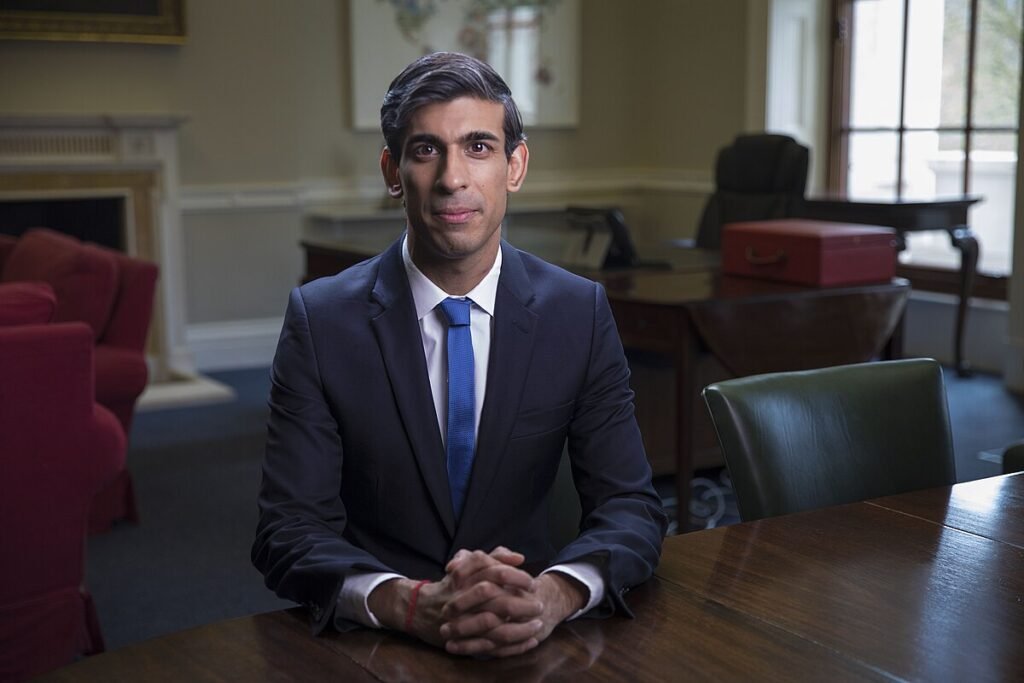Rishi Sunak asserted during an interview on BBC’s Sunday with Laura Kuenssberg that Conservative governance has markedly improved Britain since 2010, despite facing significant global challenges. Sunak highlighted numerous advancements achieved under his party’s tenure and argued that Britain has become a better place to live compared to over a decade ago, attributing this progress to the Conservative Party’s record in office.
Acknowledging the profound impact of the COVID-19 pandemic and ongoing international conflicts, such as the situation in Ukraine, Sunak maintained an optimistic outlook regarding the country’s current trajectory. He admitted that the past few years have been challenging but cited several positive economic indicators to support his claims. These included the normalization of inflation, sustained economic growth, rising wages, upcoming reductions in energy bills, and proposed tax cuts.

In response to questions about claims of regression in economic prosperity and public services quality under Conservative rule, Sunak firmly defended his government’s record. He disagreed with assessments suggesting setbacks, pointing out improvements in education where British schoolchildren now rank among the top readers in the Western world.
Sunak’s comments come at a critical juncture as Britain approaches a general election, igniting a crucial debate on the nation’s future direction. His optimistic assessment of the economy and social services is aimed at reassuring voters about the benefits of continued Conservative leadership.
The reaction from analysts and commentators to Sunak’s assertions has been varied. While some agree with the positive economic indicators he cited, others have expressed concerns about ongoing challenges in public services and economic disparities.
Opposition parties swiftly countered Sunak’s narrative, arguing that the benefits of Conservative policies have not been universally felt. Critics contend that austerity measures under Conservative administrations have exacerbated social inequalities and strained public services.
As the electoral campaign intensifies, voters will evaluate Sunak’s optimism against their own experiences and broader economic realities. The upcoming election will ultimately determine whether the Conservative Party’s vision resonates with the electorate and shapes future policies.
The debate over the impact of Conservative governance since 2010 is expected to dominate public discourse in the coming weeks, highlighting the importance of voter perceptions and policy choices in defining Britain’s post-pandemic trajectory.
Overall, Sunak’s interview underscores the ongoing debate over the legacy of Conservative policies and their impact on Britain’s socio-economic landscape. The upcoming United Kingdom general election, set for Thursday, 4 July 2024, holds significant importance as it will shape the composition of the House of Commons and thereby determine the country’s government. This election will be pivotal in defining Britain’s post-pandemic trajectory and the direction of its policies moving forward.








